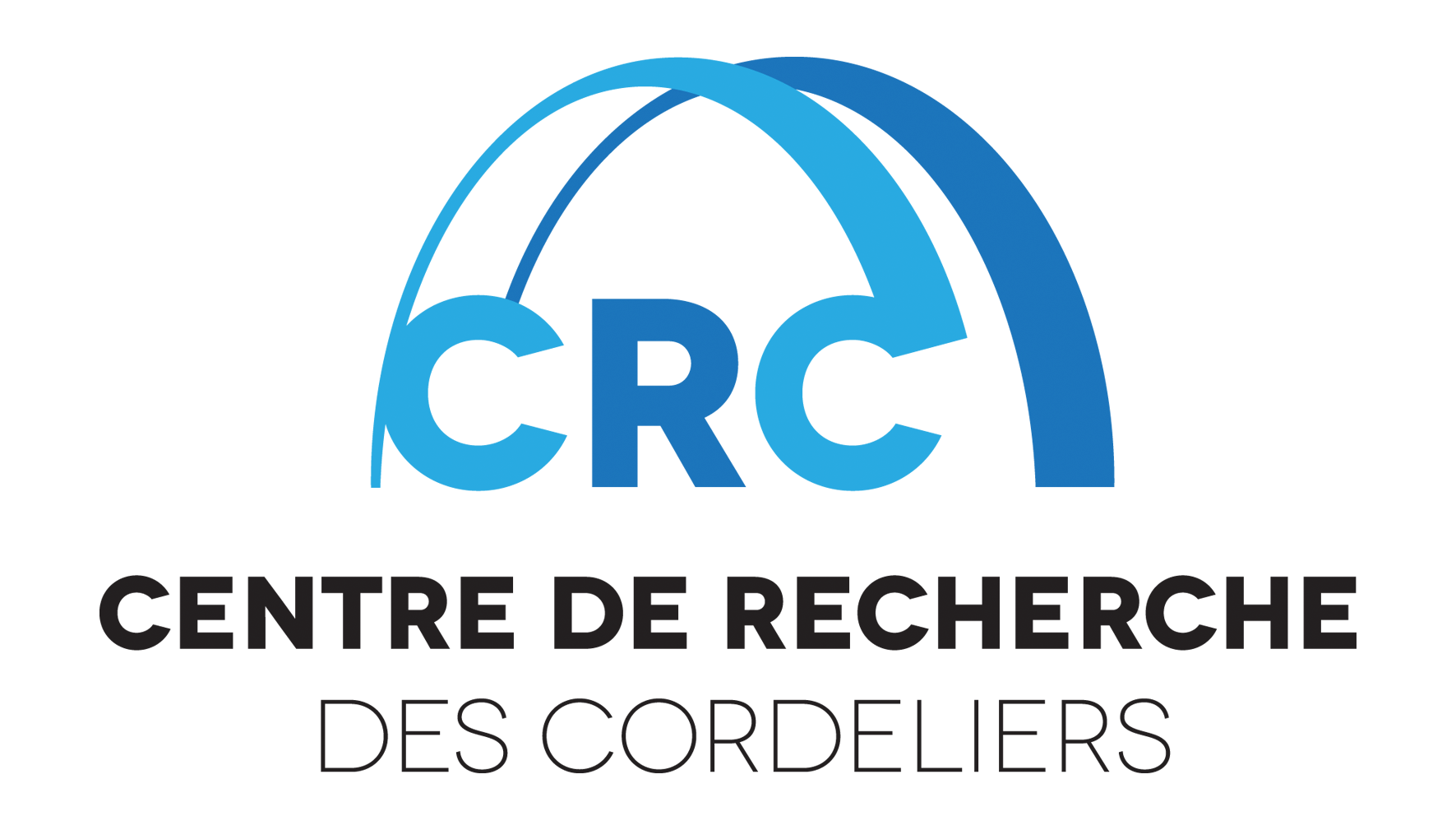Par : Ron de Kloet
Date : lundi 27 mars 2023
13:30 - 14:30
Lieu : Amphithéatre Bilski-Pasquier
Summary: In response to stress, the brain activates neuropeptide-secreting systems. This eventually leads to the secretion of adrenal corticosteroid hormones, which subsequently feedback on the brain and bind to two types of receptors that act not only as transcriptional regulators but also mediate rapid non-genomic actions of the steroids. The receptors function in a binary fashion and serve as a master switch in the coordination of neuronal and network responses that underlie behavioral coping and adaptation. In individuals, predisposed by genetic background and/or early life trauma, a stress-induced imbalance in this binary control mechanism may introduce a bias towards psychiatric (depression and anxiety), and neurodegenerative (Alzheimer) diseases. Corticosteroid receptor modulators are becoming available that may reset a dysregulated stress response system to promote resilience to these diseases. Reference: de Kloet ER, Joëls M. The cortisol switch between vulnerability and resilience. Mol Psychiatry. 2023 Jan 4. doi: 10.1038/s41380-022-01934-8. Epub ahead of print. PMID: 36599967.
E.R. (Ron) de Kloet (erdekloet@gmail.com) is an emeritus professor at Leiden University Medical Center, The Netherlands. He is fascinated by the question of how stress hormones, which are critical for life, can change their action in the brain from protective to harmful.
Tous les séminaires
